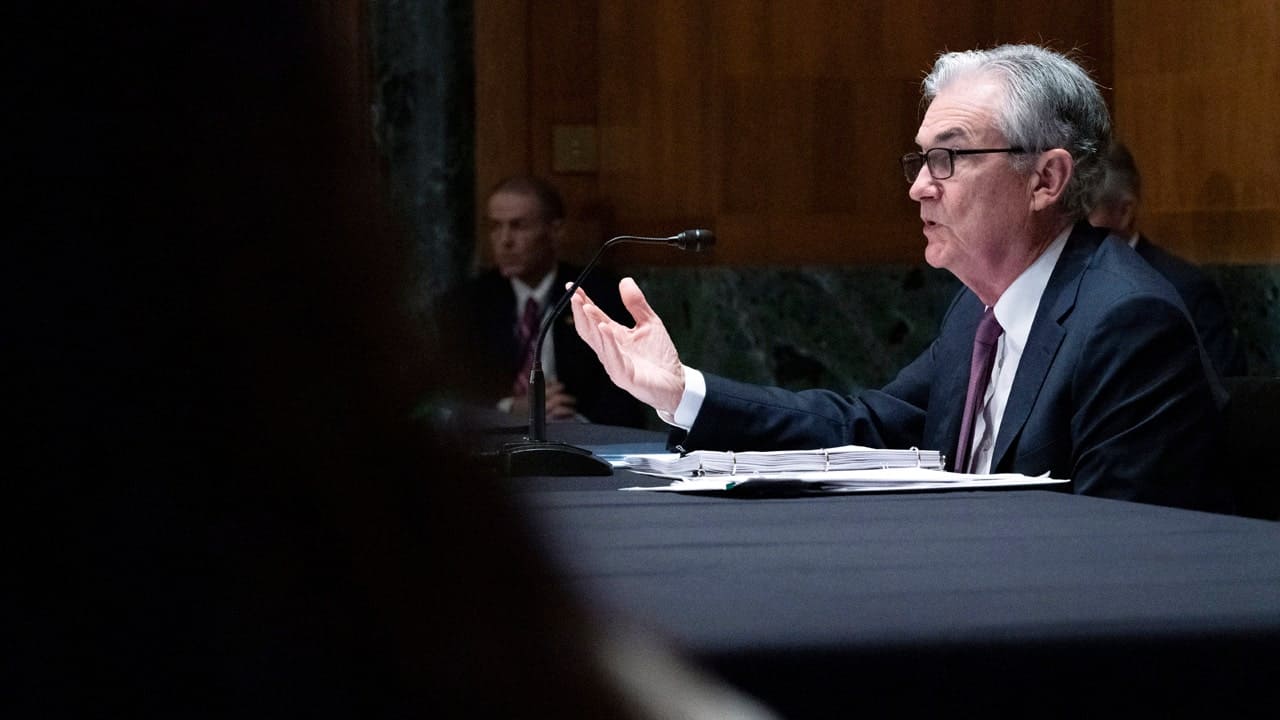Former Treasury Secretary Larry Summers on Wednesday excoriated Federal Reserve policymakers for paying too much attention to social issues rather than a pandemic-induced inflation surge that’s triggered wild increases in many consumer prices.
“We have a generation of central bankers who are defining themselves by their ‘wokeness,’” Summers said Wednesday while speaking to a virtual conference organized by the Institute of International Finance. “They’re defining themselves by how socially concerned they are.”
His comments were first reported by Bloomberg News.
Summers likened arguments made by Fed officials downplaying inflation concerns to those made by former Fed chairs Arthur Burns and G. William Miller, who led the U.S. central bank in the 1970s when the U.S. saw some of the highest inflation rates in decades.
“We’re in more danger than we’ve been during my career of losing control of inflation in the U.S.,” Summers, a Harvard University professor, said. “We’ve gone even further towards losing it in Britain and I think we’re at some risk in Europe.”
The Fed adopted a new strategy last summer in which it will keep the benchmark federal funds rate near zero, even if inflation rises above the preferred rate, in order to reach maximum employment. But over the past couple of months, inflation has been rising at the fastest pace in more than a decade and is well above the Fed’s preferred target of 2%. There are still about 7.7 million unemployed Americans.
Central bankers have also increasingly been discussing the economic impact of climate change and how to incorporate that into their work.
Summers’ comments came hours after the Labor Department released a report showing that inflation rose 5.4% in September from where it was a year ago, matching the largest increase since 2008. Consumer prices, meanwhile, jumped 0.4% in September from August.
Some Fed officials acknowledged last month that a spike in consumer prices could last longer than expected and remain elevated in 2022, according to minutes from the central bank’s September meeting. Economic projections from the September meeting show that headline inflation expectations for this year are 3.7% – almost a full point higher than the May forecast, when Fed officials projected it would hit 3%.
But Summers took aim at the Fed and other central banks for not preparing markets and investors for steps they may need to take to rein in inflation.
“If those actions come, they’re going to be very shocking and very painful in financial markets,” he said.

